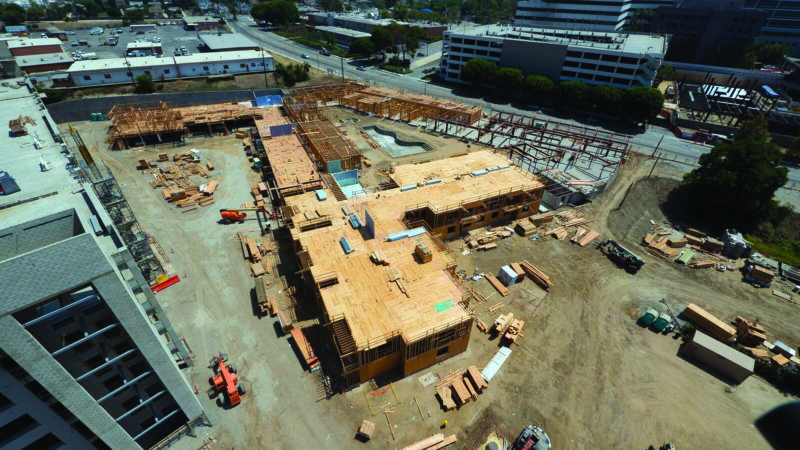The University of Southern California is working to make East Los Angeles a hub for biotech research.
“(W)e’re hoping to develop our biotech industry in order to basically keep our students and stop the brain drain," says Martha Escutia, USC’s vice president of government relations.
The effort picked up steam in 2012, when the Los Angeles County Board of Supervisors commissioned a master plan for developing a local biotech industry that could make L.A. competitive with similar initiatives in San Francisco and San Diego.
The quest to develop a biotech center stems in part from the unavailability of local jobs in the field. In 2010, higher education institutions in Los Angeles County graduated more than 5,000 students with bioscience-related degrees. Many, however, have had to leave the region to find work. It took L.A. county nearly a decade, from 2001 to 2010, to add just 4,500 bioscience jobs, according to the master plan. Among the regional impediments for biotech firms is a lack of laboratory and office space close to research universities.
A biotech hub would expand USC’s existing medical campus in East L.A. and is a high priority for USC president C.L. Max Nikias, who says dozens of biotech startups with roots in USC research have left the region to set up shop.
